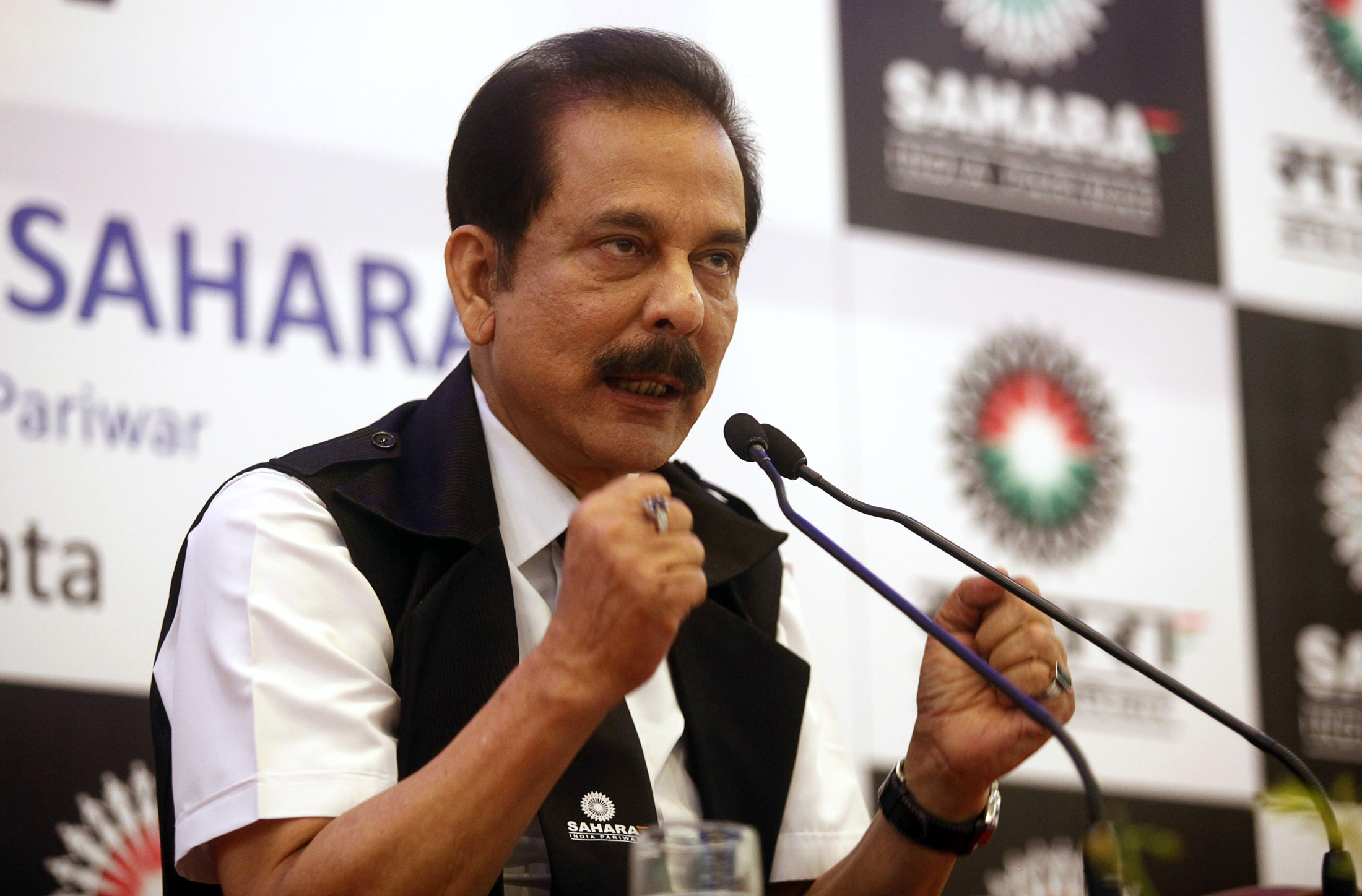The Indian business community mourns the loss of Subrata Roy, the founder of the Sahara Group. A visionary leader known for his dynamic approach to business and entrepreneurship, Roy passed away on Tuesday night, leaving behind a legacy marked by expansive growth, innovation, and diversification in various sectors. His death due to cardiorespiratory arrest following a prolonged illness marks the end of a significant era in Indian business history.
Remembering Subrata Roy, A Titan of Indian Business
Business • 15 Nov, 2023 • 2,46,153 Views • ⭐ 4.6
Written by Shivani Chourasia

Subrata Roy: The Early Years and Entrepreneurial Beginnings

Born on June 10, 1948, in Araria, Bihar, Subrata Roy's journey was nothing short of remarkable. After completing his education in mechanical engineering from the Government Technical Institute in Gorakhpur, he embarked on a path that would lead him to become one of India's most renowned business figures. His early days in Gorakhpur were marked by small business ventures, laying the groundwork for his future success. In 1976, he took over Sahara Finance, a small chit-fund company, and began transforming it into what would eventually become Sahara India Pariwar, a leading conglomerate, by 1978.
The Meteoric Rise of the Sahara Group

The Sahara Group's evolution under Roy's leadership is a remarkable story of ambition and growth. Starting as a chit fund company, Sahara diversified into various sectors, including finance, real estate, media, and hospitality. In the 1980s and 90s, the group expanded into finance, housing finance, life insurance, and mutual funds, marking its dominance in the financial sector. Real estate ventures like the luxurious Aamby Valley City underscored Sahara's commitment to ambitious and innovative projects. The group's success was underpinned by a strategy that emphasized diversification, strategic expansion, and tapping into new market opportunities.
Building a Diverse Empire: Sahara's Expansion into Multiple Sectors

Roy's extraordinary business acumen was evident in the way he steered Sahara India Pariwar into diverse sectors. The group's portfolio grew to include high-profile ventures such as Sahara Movie Studios, Air Sahara, and several sports franchises. The expansion into the hospitality sector with the acquisition of luxury hotels both in India and abroad showcased the group's global aspirations. Under Roy's leadership, Sahara became synonymous with an empire that was not just diverse but also marked by its scale and grandeur.